Today, mental health is a huge topic of conversation, but many of the practices we think of as new actually have deep roots in the past. People used to manage their mental well-being in ways that we’re only now realizing were far ahead of their time. These old-school mental health habits can still make a difference in our lives today—and they might just help you find balance in the middle of all the modern chaos.
Let’s dive into 15 mental health habits from the past that we should seriously consider bringing back.
1. Getting Outside More
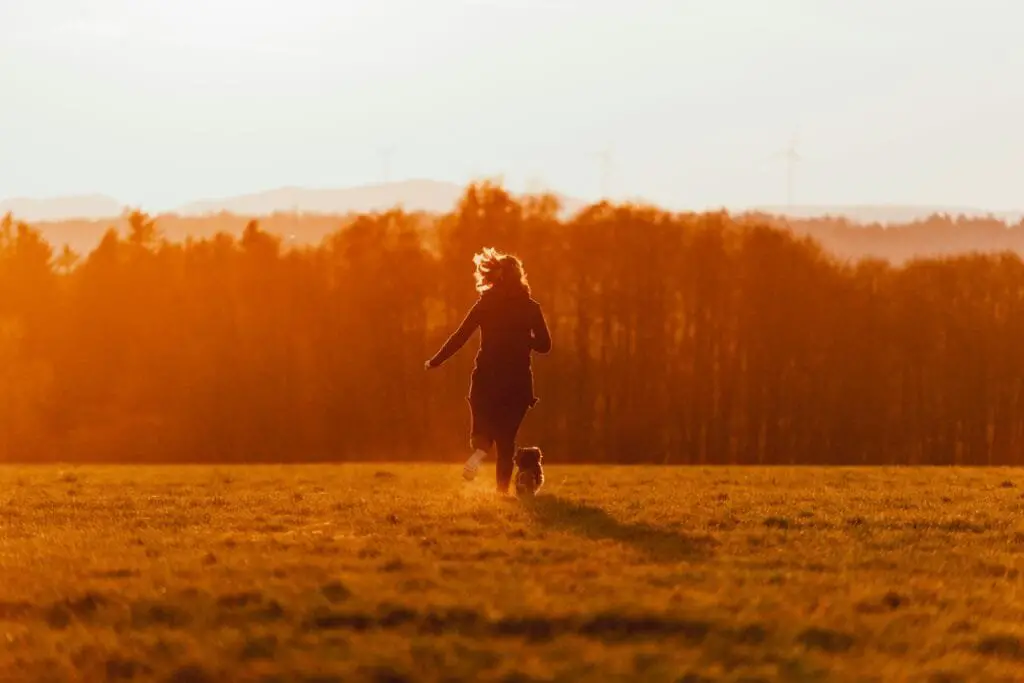
Before technology took over our lives, people spent a lot more time outdoors. Fresh air, sunshine, and simply being in nature were daily experiences. These days, we’re learning how beneficial nature is for mental health—something people intuitively knew back then. A regular walk outside can work wonders for stress and anxiety.
2. Daily Routines
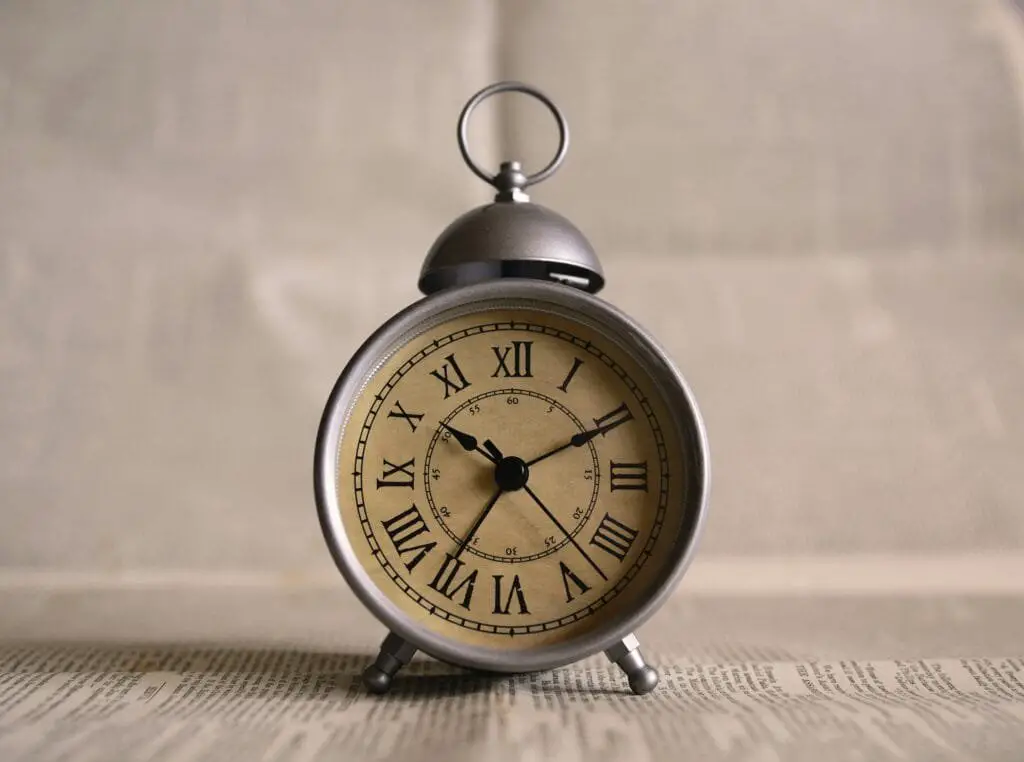
There’s comfort in routine. In the past, life followed a steady rhythm—morning chores, afternoon tasks, and evening wind-downs. This predictability gave people a sense of stability and control. Today, we’re constantly juggling multiple things at once, but returning to a simple routine could help reduce overwhelm.
3. Socializing Face-to-Face
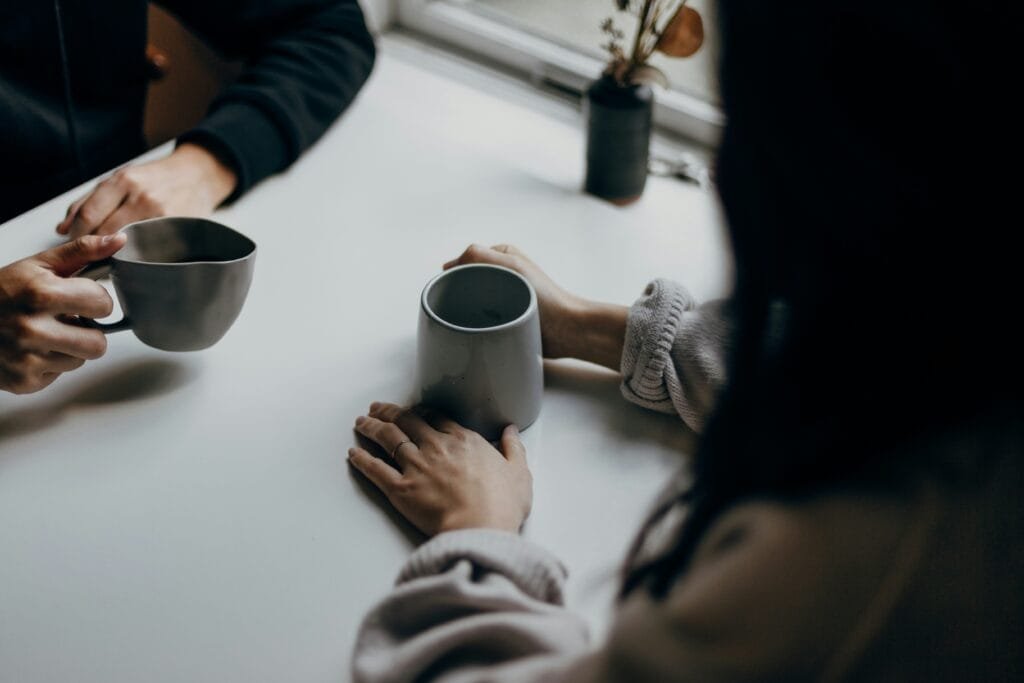
Long before social media, people actually talked to each other in person. Gathering for meals, chatting on the porch, or visiting with neighbors were all common. These real-life connections helped foster a sense of community and belonging, which is vital for mental health. Making time for face-to-face interactions can make us feel more connected and supported.
4. Journaling
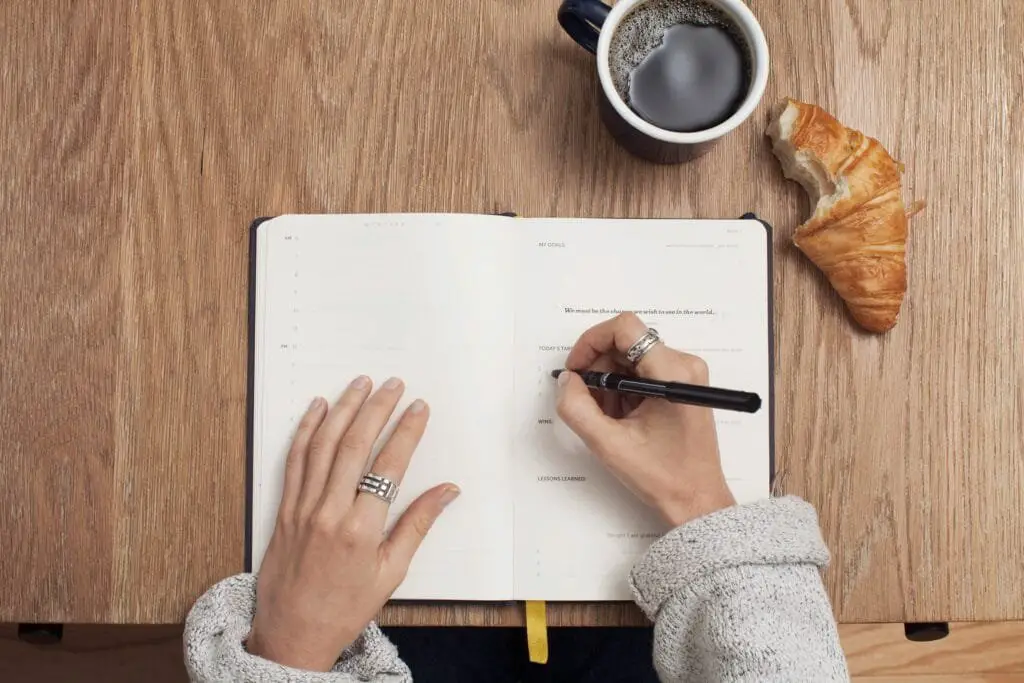
People have been writing down their thoughts and feelings for centuries. Journaling was a way to process emotions, track personal growth, and work through challenges. Today, therapists often recommend journaling as a mental health tool, but it’s nothing new—people from the past already knew its benefits.
5. Resting Without Guilt
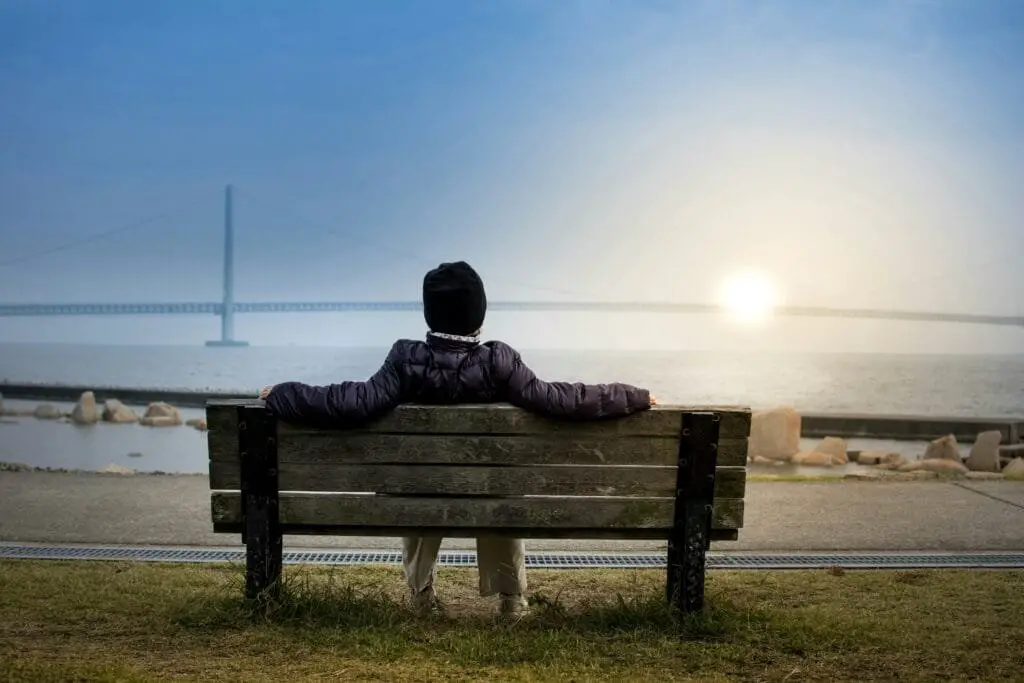
Rest was once considered essential, not something to feel guilty about. People embraced downtime as part of a healthy life. In our fast-paced, productivity-obsessed culture, we’ve lost touch with the idea of rest as a necessity. Taking time to rest without feeling guilty can help restore energy and clarity.
6. Disconnecting from Work After Hours

There was a time when the workday ended, and that was it. No emails, no checking in, no hustle culture. People valued their evenings and weekends for relaxation and personal time. If we could disconnect from work the way people used to, it would do wonders for our mental health.
7. Practicing Gratitude
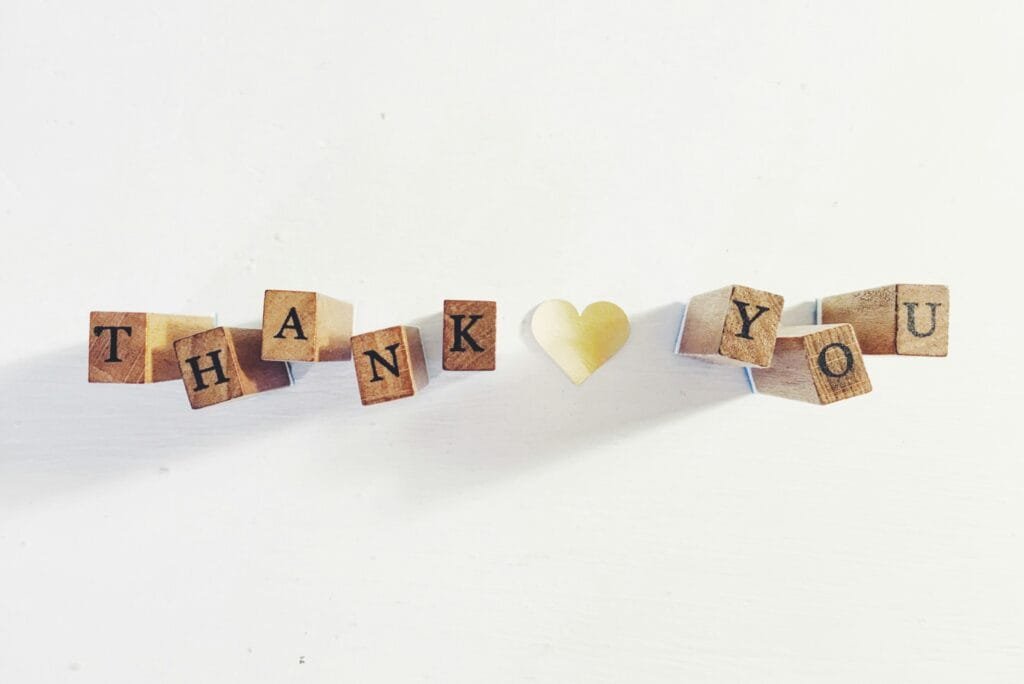
Gratitude wasn’t just a trendy hashtag; it was a way of life. People in the past took time to appreciate what they had, even in tough times. Practicing gratitude can help shift your mindset from focusing on what’s wrong to recognizing what’s right, which can have a major positive impact on your mental well-being.
8. Physical Labor as Stress Relief

Before gyms and fitness apps, people relieved stress by doing physical labor. Whether it was gardening, chopping wood, or cleaning, working with their hands helped them burn off nervous energy. Doing something physical today—whether it’s a workout or even household chores—can still provide that same mental release.
9. Limiting Screen Time (Before Screens Existed)
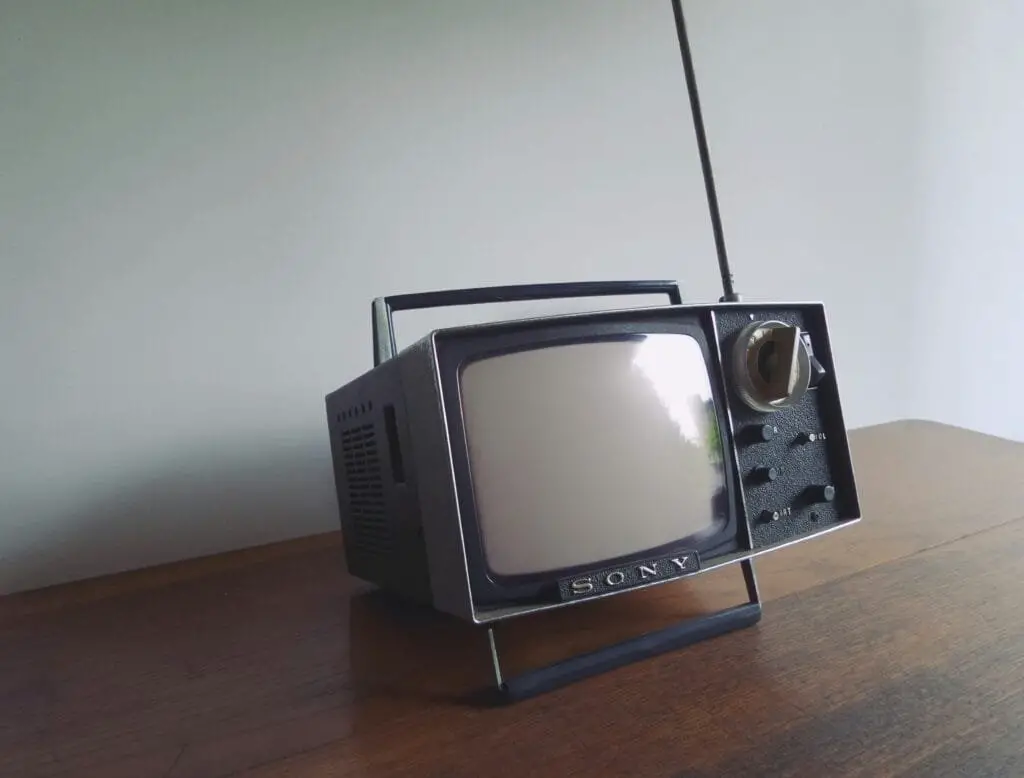
People didn’t spend hours staring at screens back in the day, and it turns out that was great for their mental health. Less screen time meant more time for real-life experiences and human interaction. Reducing your screen time now can help improve focus, mood, and sleep quality.
10. Practicing Mindfulness Without Knowing It
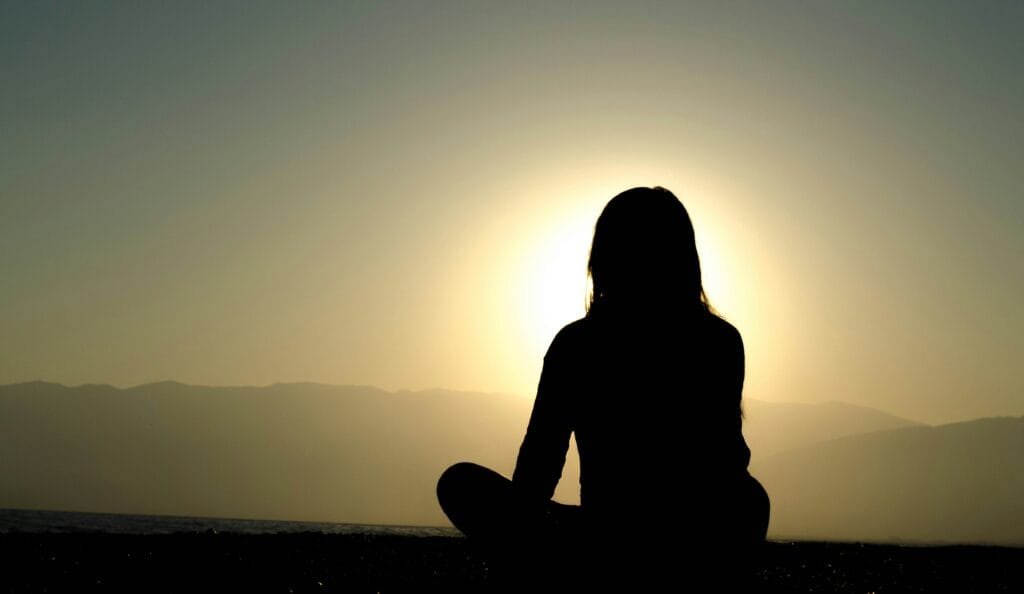
Before mindfulness became a buzzword, people naturally practiced it through activities like sewing, woodworking, or simply sitting quietly with their thoughts. These slow, intentional activities helped them stay present and focused. Bringing mindful moments back into your day can help reduce anxiety and improve mental clarity.
11. Focusing on Sleep Hygiene

People didn’t stay up all night binge-watching TV or scrolling through their phones. They went to bed at reasonable hours, often following the natural cycles of daylight. Prioritizing sleep and creating a calm bedtime routine can improve both mental and physical health.
12. Simple Living
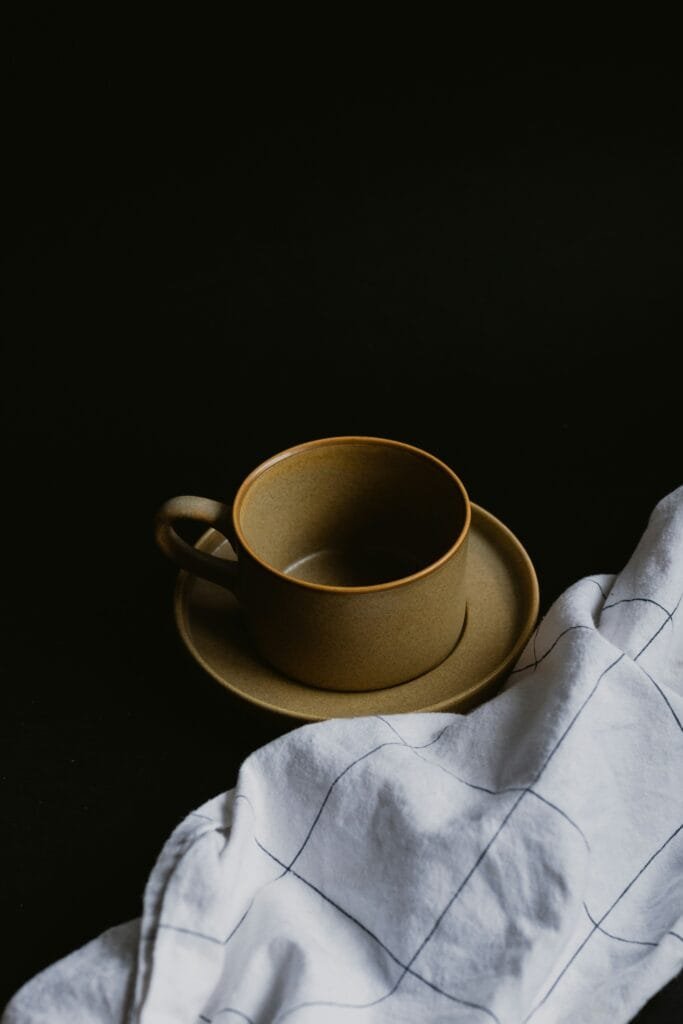
Back then, life was simpler, with less clutter and fewer distractions. This minimalist approach helped people focus on what really mattered—relationships, self-care, and personal growth. Simplifying your life today, whether it’s decluttering your space or cutting back on commitments, can reduce mental stress and create more peace.
13. Unplugged Vacations
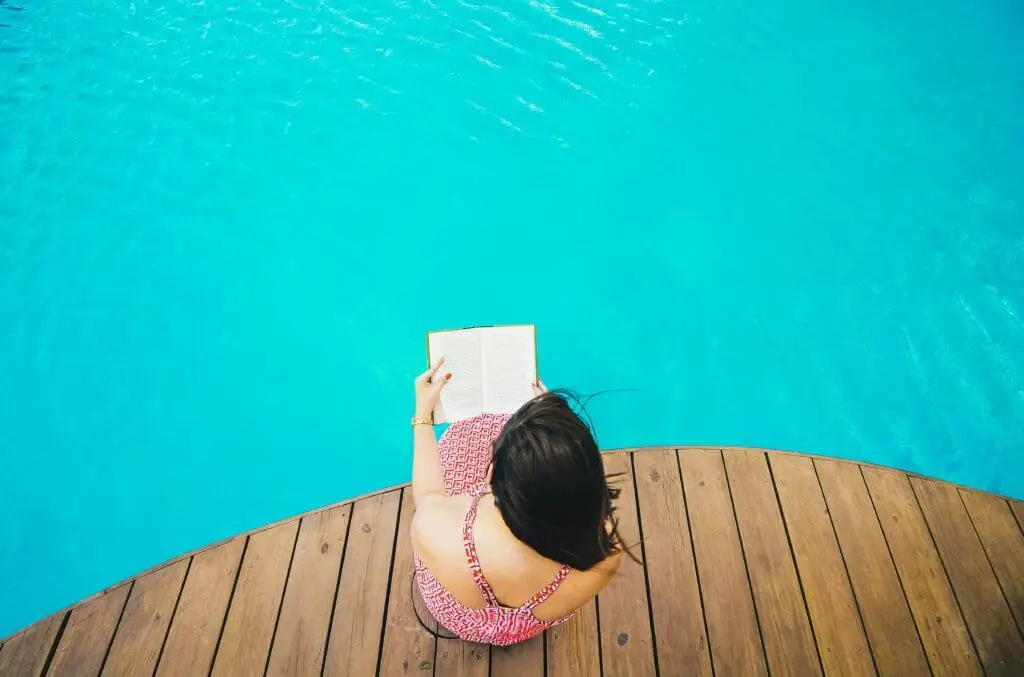
Vacations in the past were true getaways—there were no work emails or phone notifications pulling people back into the daily grind. Taking time off meant really disconnecting. If we embraced fully unplugged breaks now, we could recharge our minds and bodies more effectively.
14. Doing One Thing at a Time
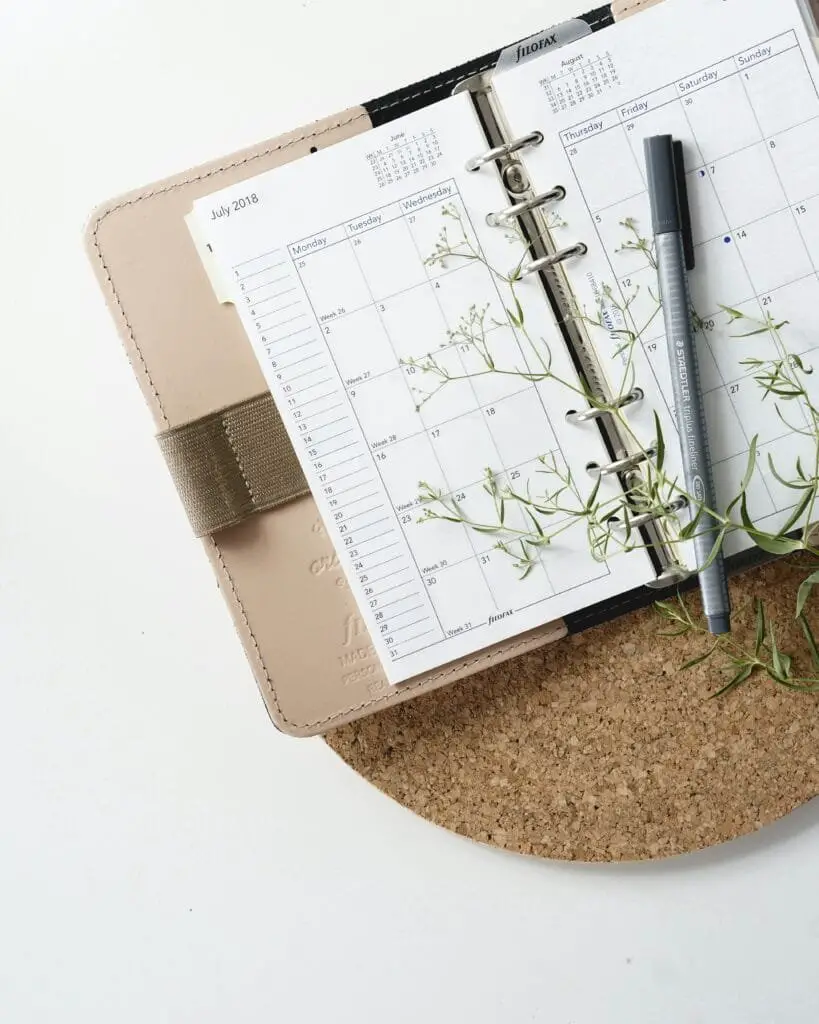
Multitasking wasn’t the norm. People focused on one task at a time, whether it was cooking, reading, or working. This allowed them to be more present and less frazzled. In today’s world, single-tasking can help reduce stress and improve mental focus.
15. Having Meaningful Conversations
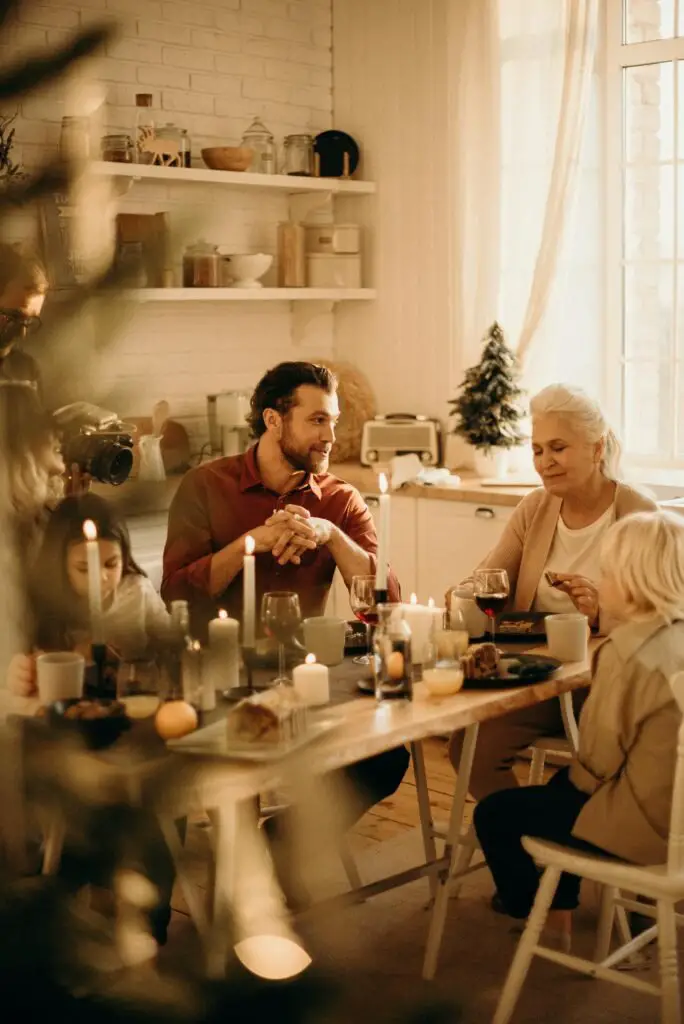
Before texting and social media, people engaged in deep, meaningful conversations. Whether it was around the dinner table or during a long walk, these moments fostered emotional connection and understanding. Taking time for real conversations, without distractions, can deepen relationships and improve emotional well-being.
These mental health habits from the past might seem old-fashioned, but they were ahead of their time in helping people live more balanced and peaceful lives. By incorporating some of these practices into your modern routine, you can create space for more calm and clarity amidst today’s chaos.


